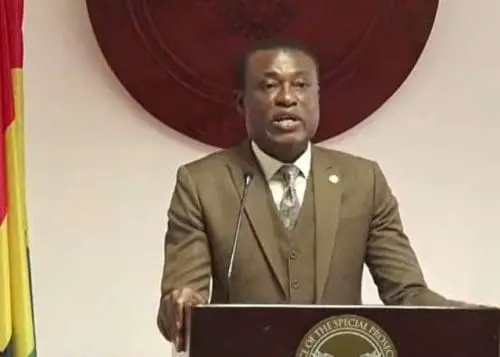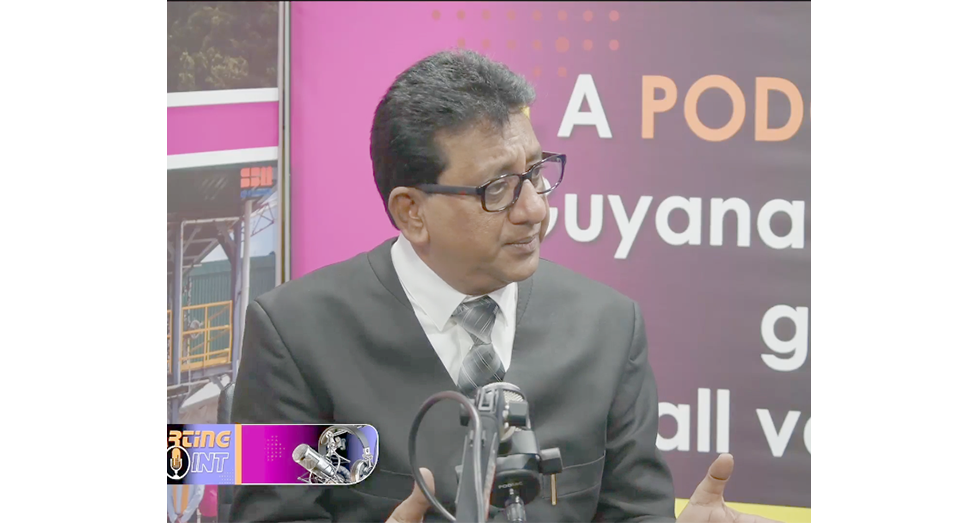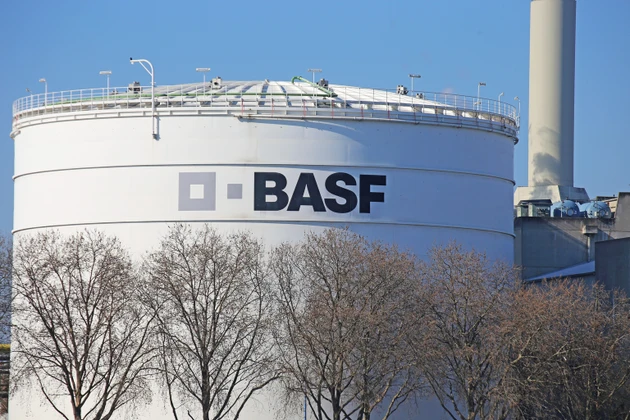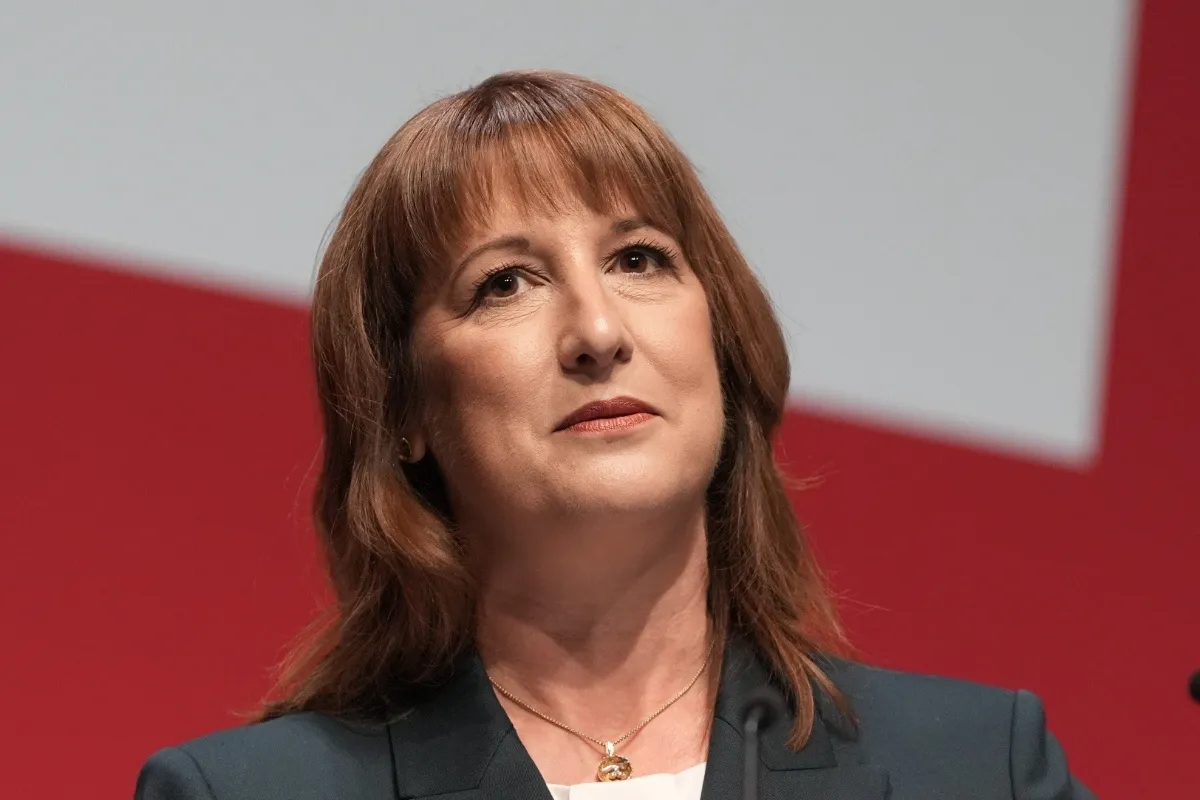Copyright ghananewss

The Office of the Special Prosecutor has concluded that Strategic Mobilisation Limited received over GH¢1.4 billion in public funds through contracts built on false claims, statutory breaches, and official patronage that enriched private actors while costing Ghana’s treasury substantially. Special Prosecutor Kissi Agyebeng, addressing a press conference Thursday at OSP headquarters in Accra, described the arrangement between the Ghana Revenue Authority and SML as a masterfully crafted scheme orchestrated from the highest levels of government, with former Finance Minister Ken Ofori-Atta identified as the chief patron and promoter. The investigation, which examined thousands of digital files and communications among key actors, established that there was no genuine need for contracting SML to perform its assigned functions. According to Agyebeng, the contracts were secured through self-serving official patronage based on false and unverified claims about the company’s capabilities and track record. “The company was incorporated for the sole purpose of employing it as a vehicle to ride on official patronage and sponsorship erected on false and contrived claims,” Agyebeng stated, describing how SML became embedded in Ghana’s revenue assurance system despite lacking basic technical capacity. The Timeline of Deception The OSP investigation traced events to January 2017 when Ofori-Atta assumed office as Finance Minister, with the scheme set in motion immediately and continuing throughout his tenure. Barely three weeks after his appointment, on February 14, 2017, timber merchant Evans Adusei incorporated Strategic Mobilisation Entrepreneurship Limited, the precursor to SML, with stated objectives of general trading and import-export of goods. Just four months later, GRA Commissioner-General Emmanuel Kofi Nti wrote to the Public Procurement Authority seeking approval to engage SMEL through single-source procurement to provide an enhanced classification, valuation, and risk management platform for customs operations. The request described the newly formed company as having special interest and capacity, claiming technological and financial backing from Cotecna SA, a multinational inspection firm. The OSP described this initial request as irregular and perplexing, noting it was simply unfathomable that a company commencing business in February could have attained the experience and track record advertised by June. The PPA rejected the request on July 4, 2017, stating SMEL had no proven experience and no legally binding partnership with Cotecna. Despite the rejection, GRA under Nti submitted a second application on August 1, proposing a joint venture between SMEL and Ghana Link Network Services with Cotecna still appearing in the background. This application stated SMEL had acquired software from Cotecna and agreed to partner with Ghana Link for verification services. Agyebeng described this second attempt as even more troubling, calling it a deliberate attempt to manipulate the procurement process, introduce a redundant private actor, and create a backdoor entry for SMEL into Ghana’s revenue assurance architecture. When the PPA failed to respond, GRA repeated the application on September 14, but this too was rejected on September 29, with the PPA reaffirming that SMEL still hadn’t demonstrated capacity. Payments Without Performance The OSP established that payments to SML were made on automatic mode, detached from actual performance and without effective supervision by GRA or the Ministry of Finance. By December 2024, SML had received a total of $1,436,249,828.53 from the Republic, yet the investigation found no established financial management system or monitoring mechanism to ensure value for money. SML lacked both the tools and technical competence to execute the audit and revenue assurance services it was contracted to perform, according to Agyebeng. The company only partially delivered on some duties such as transaction audit and price verification services, while activities in upstream petroleum and mineral sectors were yet to commence before being suspended by presidential directive. The GRA failed to provide the OSP with complete agreements between SML and its third-party partners, describing the omission as a breach of transparency and governance standards. This failure violated procurement and accountability protocols and raised further questions about what the contracts actually required SML to deliver. Legal Violations and Criminal Intent The OSP’s findings revealed violations of several statutory provisions, including Section 179C of the Criminal Offences Act, which prohibits using public office for profit, and Section 92(2b) of the Public Procurement Act, which forbids influencing procurement processes to obtain unfair advantage. SML was initially contracted without the required approval of the Public Procurement Authority and without parliamentary approval for the award of multi-year contracts, making the agreements irregular and unlawful. The report cited reckless decision-making and flagrant violations of statute by key public officers, with successive GRA commissioners-general acting with unquestioning compliance. Agyebeng alleged that both Ofori-Atta and SML management acted with criminal intent, describing the entire arrangement as driven by self-serving official sponsorship and promotions. The Special Prosecutor emphasized that the deals were attended by egregious statutory breaches, with mandatory prior approvals wantonly disregarded by relevant officials who acted with increased and emboldened impunity. Disagreement with KPMG Audit The OSP expressed disagreement with certain conclusions in the KPMG audit report on the SML-GRA contracts, particularly regarding accountability and value for money. While KPMG’s report showed SML only partially fulfilled contractual obligations, Agyebeng described the contract itself as not genuine and requiring comprehensive review. The Special Prosecutor stressed that the OSP’s full investigation was wider in scope than the earlier KPMG audit, as it sought to determine not only procedural breaches but also criminal responsibility. The KPMG audit, like the OSP’s preliminary report, raised more questions than answers, prompting the deeper probe. Systemic Breakdown in Accountability The OSP collaborated with several public institutions during the investigation, including the National Intelligence Bureau, Financial Intelligence Centre, and Public Procurement Authority. The findings point to systemic breakdown in accountability leading to colossal financial loss to the Republic. Agyebeng characterized the SML case as a classic example of how public office was used for private gain in clear violation of Ghana’s laws. The investigation uncovered a tightly knit and non-coincidental association of events from Ofori-Atta’s appointment through SMEL’s incorporation to GRA’s procurement applications, revealing an orchestrated plan rather than legitimate business need. What made the scheme particularly damaging was how it bypassed multiple safeguards designed to protect public funds. When the PPA rejected initial applications citing lack of capacity and experience, officials simply resubmitted modified versions rather than accepting that no legitimate basis existed for the contract. When mandatory approvals weren’t granted, the contracts proceeded anyway. The payment structure compounded the problem. Without monitoring frameworks or performance metrics, SML received substantial funds regardless of whether it delivered services. This automatic payment mode meant taxpayer money flowed to a company that lacked basic tools and expertise to perform its supposed functions. Implications and Next Steps The OSP assured it would continue pursuing the case to its logical conclusion and ensure all those found culpable are held accountable. Agyebeng reaffirmed the office’s commitment to upholding integrity in public office and enforcing Ghana’s anti-corruption laws. For Ghana’s public procurement system, the SML scandal exposes vulnerabilities that allowed determined actors to circumvent safeguards through persistence and patronage. Despite clear rejections from the PPA based on lack of capacity and experience, the contracts proceeded with apparent impunity, suggesting failures in enforcement mechanisms beyond the procurement authority itself. The investigation’s revelation that Ofori-Atta served as chief patron raises questions about ministerial oversight and how political influence enabled the scheme despite institutional resistance. The Finance Minister’s role in approving expenditures and overseeing revenue agencies created an environment where patronage could override procurement rules. The financial loss extends beyond the $1.4 billion paid to SML. There’s also the opportunity cost of not using those funds for genuine revenue enhancement initiatives, the damage to investor confidence from revelations of such deep-seated corruption, and the erosion of public trust in institutions meant to safeguard taxpayer money. Ofori-Atta remains a fugitive after failing to respond to OSP summonses, with an Interpol Red Notice activated to facilitate his extradition. Ten months after being declared wanted, his continued absence complicates efforts to hold all parties accountable for their roles in the scheme. For Ghanaians watching this unfold, the SML investigation represents both vindication and frustration. Vindication that concerns about the contracts’ legitimacy and value have been validated by thorough investigation, but frustration that such a scheme could operate for years despite multiple red flags and institutional rejections. Whether the OSP can successfully prosecute those responsible and recover any portion of the funds paid to SML will determine if this investigation produces meaningful accountability or simply documents corruption without consequence.



